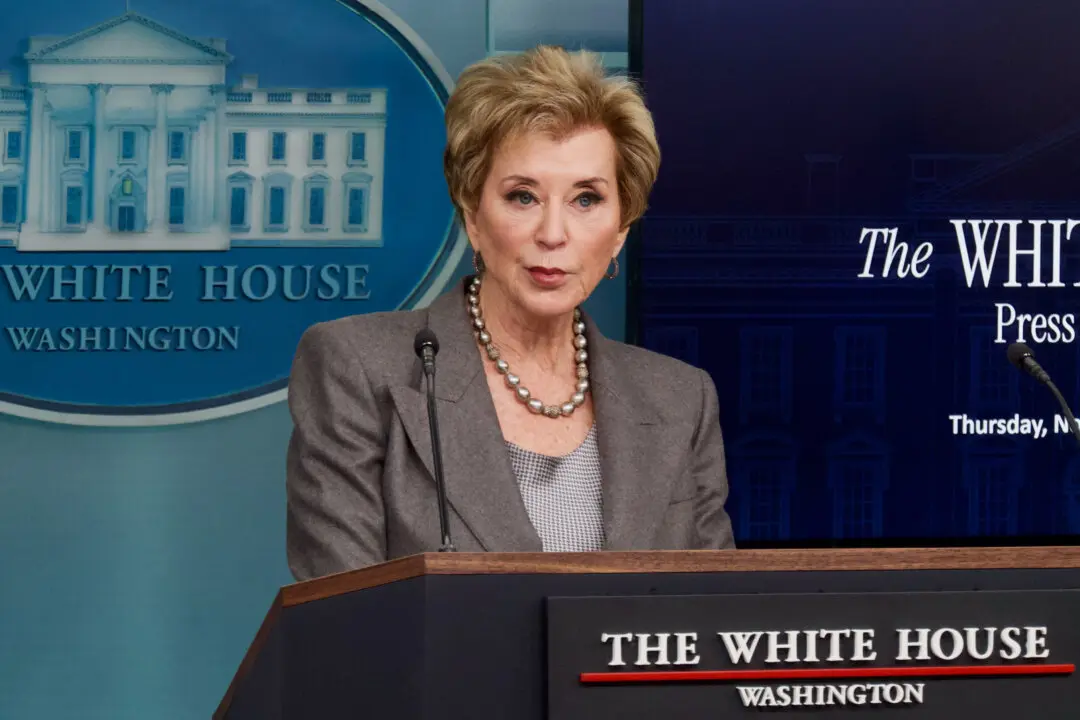When students go to university, they make a lot of important decisions, such as choosing which university to attend and which program to enrol in. Within most programs, students have a wide variety of courses to choose from. Students are also free to decide what extracurricular activities they wish to pursue and which, if any, student groups they will join.
It makes sense for students to have this freedom. After all, they are adults and deserve to be treated as adults. Not only are they paying hefty tuition fees, their decisions play a huge role in their career path. The last thing students need is to have their lives micromanaged by other students, university administrators, or helicopter parents.





